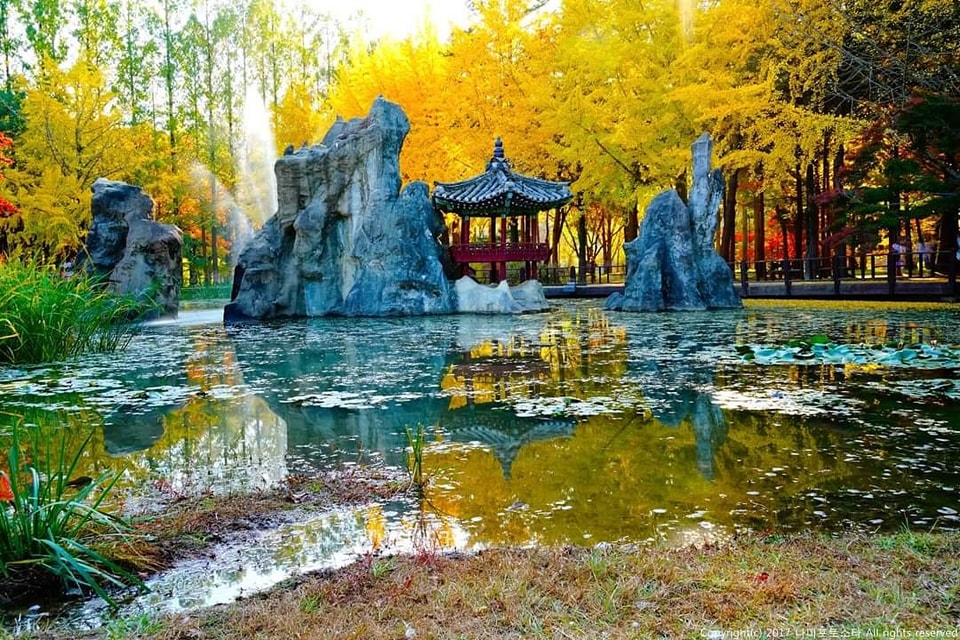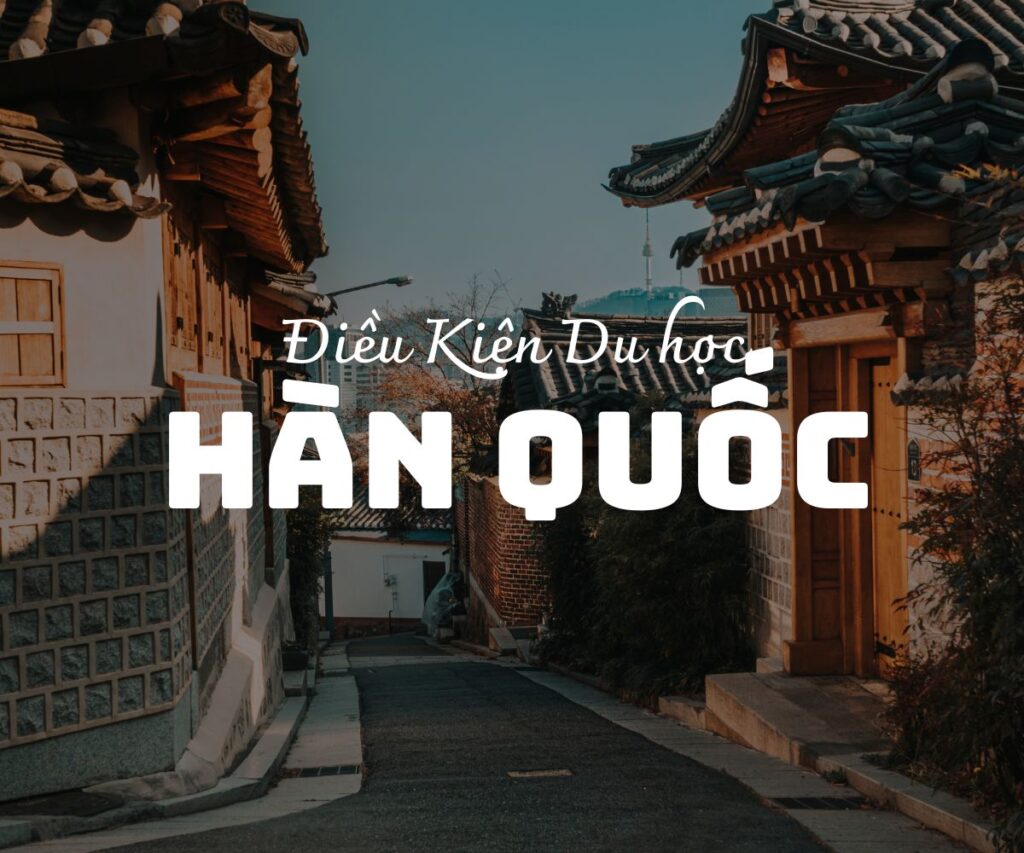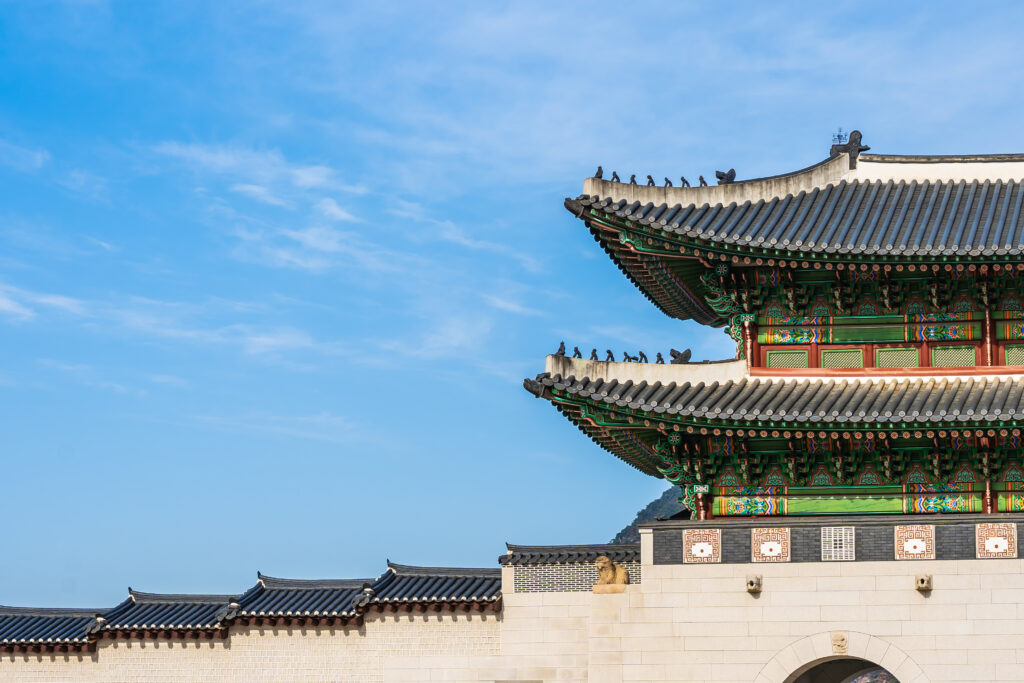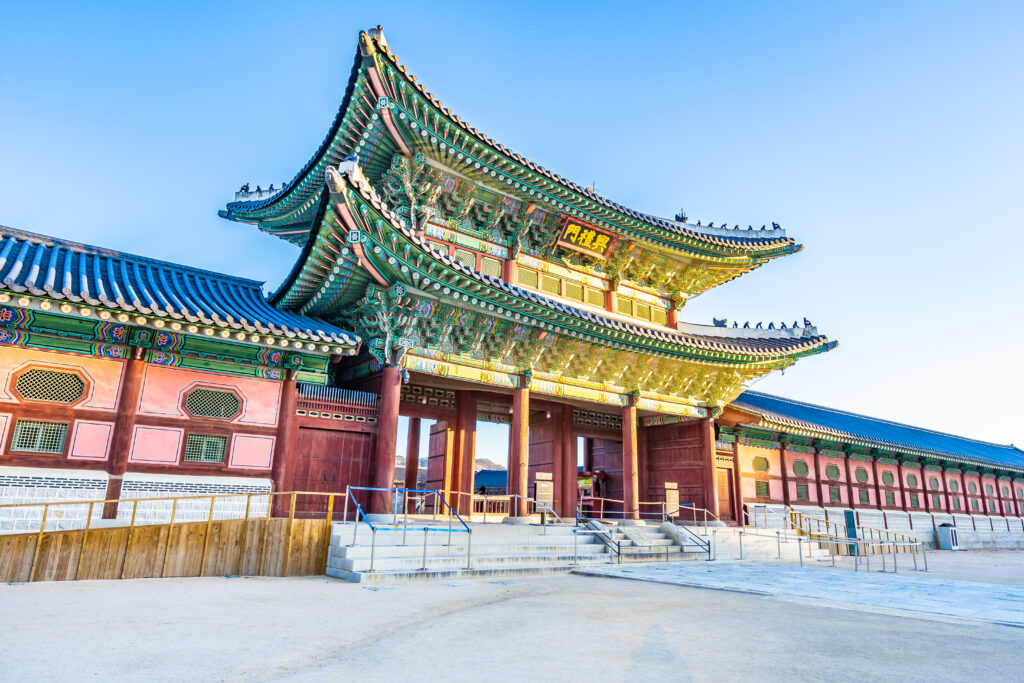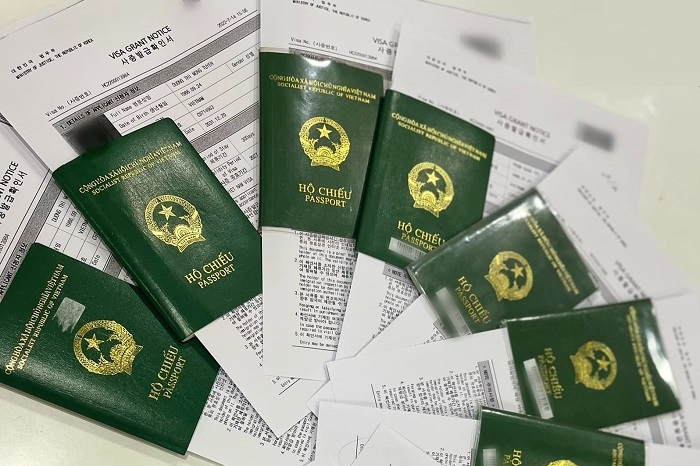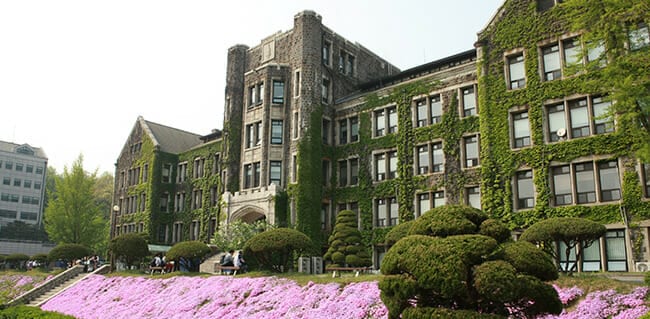
Which school should I choose to study abroad in Korea?
RECRUITMENT OBJECTS
1. Language study abroad program (D4)
- High school graduates.
- College and University students majoring in other fields who want to study Korean in Korea.
*Note: Priority is given to students who have just graduated or graduated from high school, college, or university within 3 years from the date of graduation.
2. Undergraduate and Graduate Study Abroad Program (D2)
- High school graduates who want to study at university in Korea (D2-2).
- University graduates who want to study at the Master's level (D2-3, D2-4)
*Condition: Have a Korean proficiency certificate (TOPIK) level 3 for D2-2 study abroad program, level 4 or higher for D2-4 study abroad program



Share:
Comment:
Related articles:
Types of Scholarships to Study Abroad in Korea
I. KOREAN GOVERNMENT SCHOLARSHIP – Korean government scholarship: Aims to bring excellent students following…
Korean Government Scholarship (GKS)
For Vietnamese students to study abroad in Korea, we have to invest a large amount of money (study...
Cost of Studying Abroad in Korea
Korea is one of the countries chosen by international young people to study abroad because of the quality of education...
Conditions for Studying Abroad in Korea 2024
Conditions for Studying Abroad in Korea 1. Regarding academic ability Compulsory high school graduation requirements Time to graduate with a degree...
TOP 8 KOREAN UNIVERSITIES WITH BEAUTIFUL VIEWS IN KOREA
Korea – A country famous for famous tourist destinations, cuisine, movies, music, etc. In addition to tourist attractions…
Have You Understand About TOPIK iBT?
What is TOPIK iBT? TOPIK iBT is still the familiar TOPIK Korean language proficiency test but is conducted on a computer.…
Types of Visa to Study in Korea
Depending on which type of school is classified, different types of Visa will be issued. Visa issued at the University…
Based on What Criteria Are Korean Universities Classified?
When you hear about TOP 1 universities, you immediately think that these are elite Korean universities...
REGISTER FOR FREE CONSULTATION
With a team of friendly and enthusiastic staff, Kim's Edu will provide complete information and handle all difficulties about studying in Korea.
Contact Hotline or fill out the information form below.
NEWS

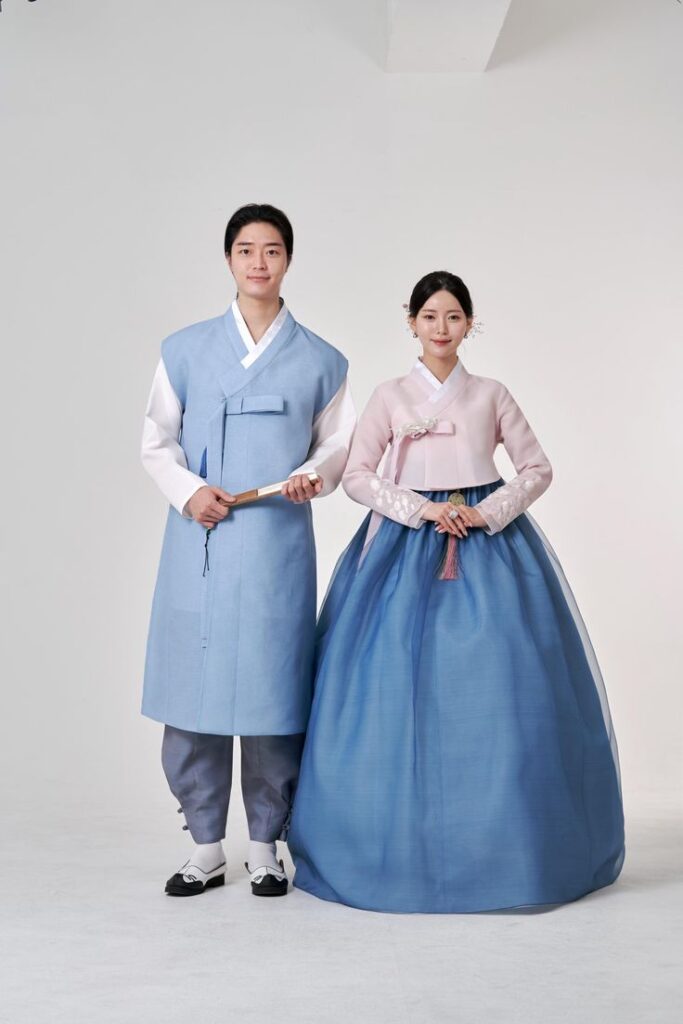
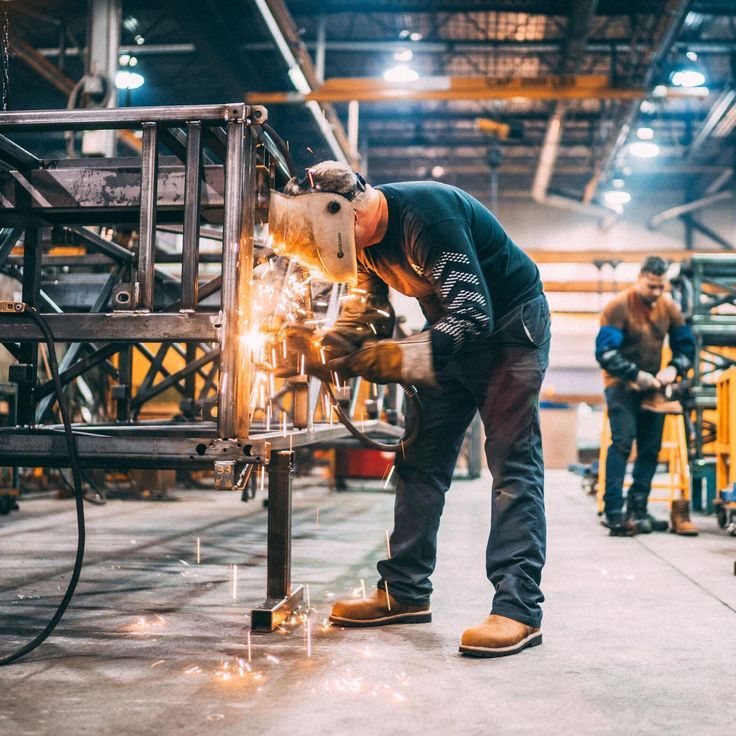

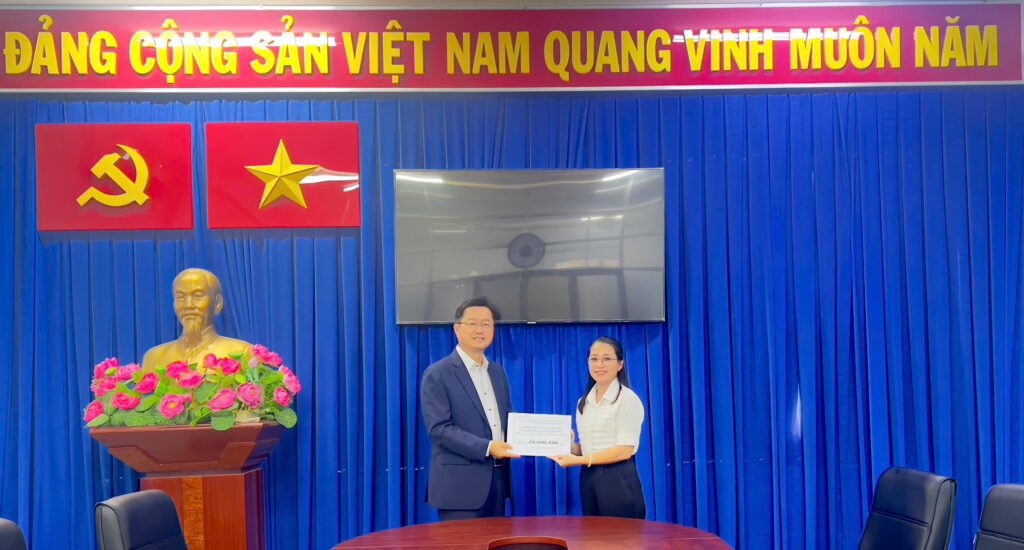
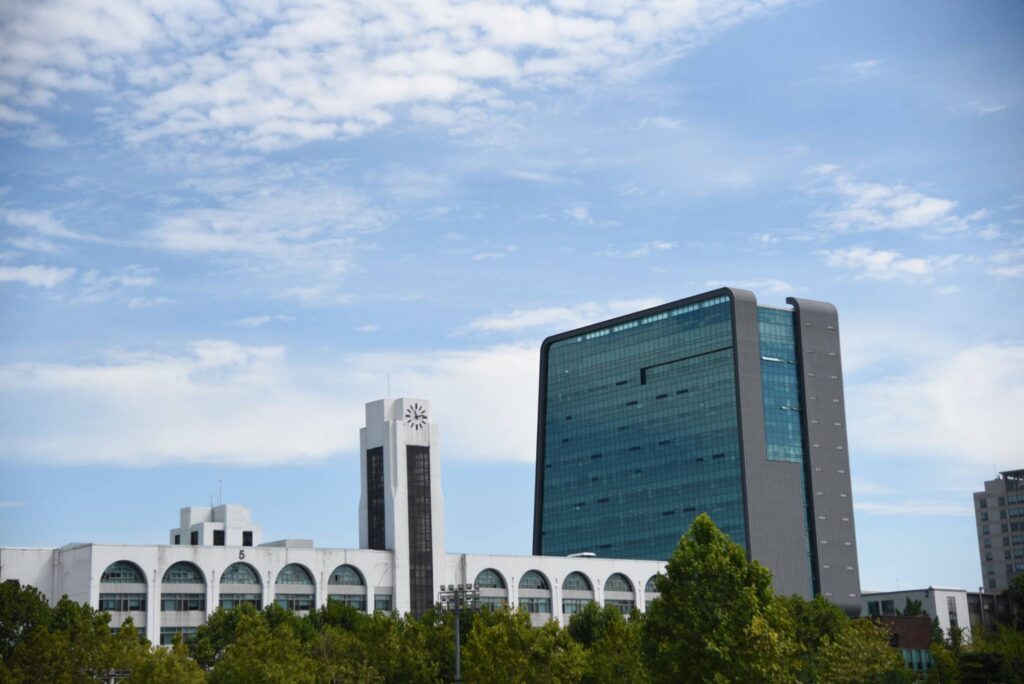
STEPS TO PREPARE BEFORE STUDYING IN KOREA
10/09/2024

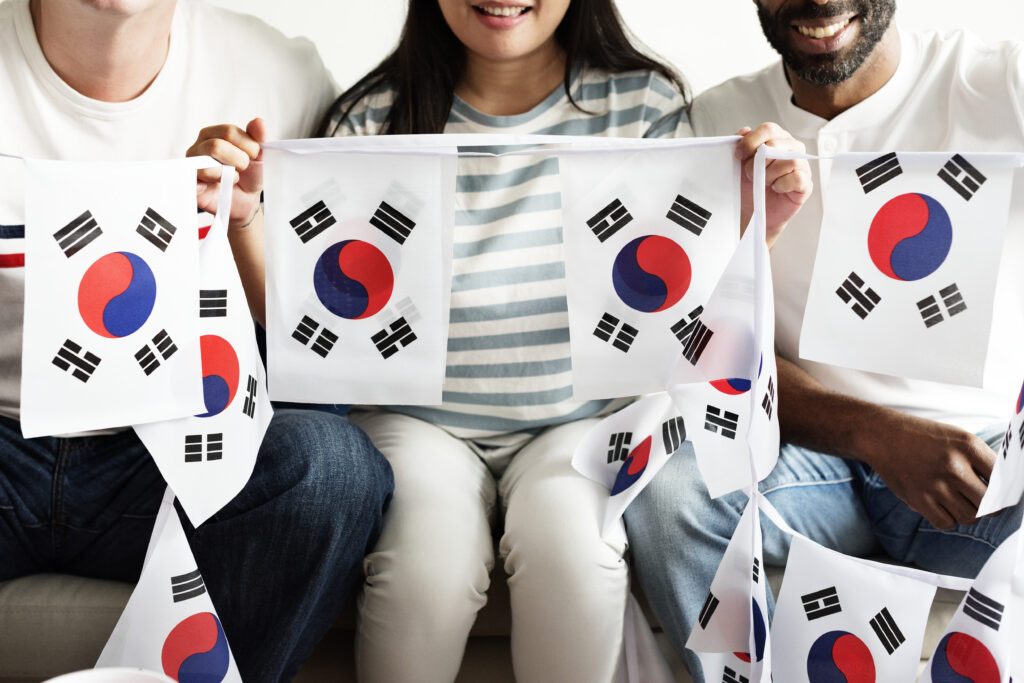
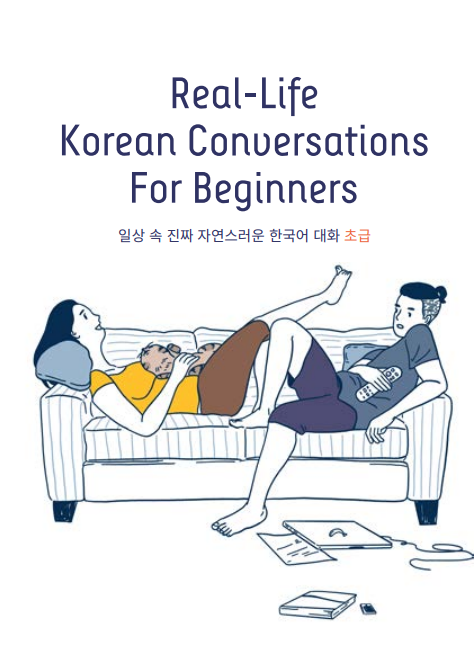
DAILY KOREAN CONVERSATION – BEGINNER
09/09/2024
